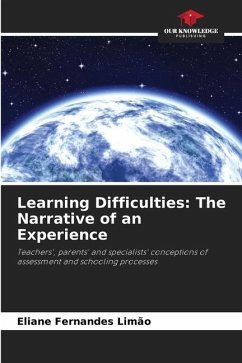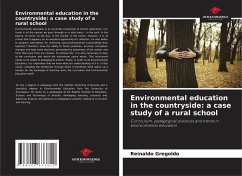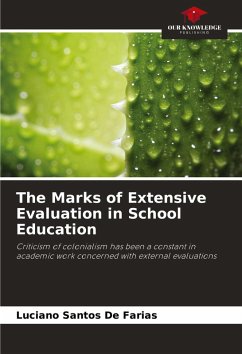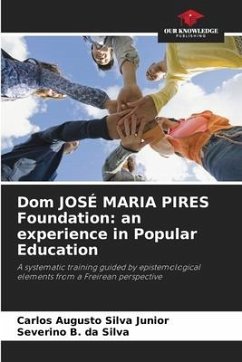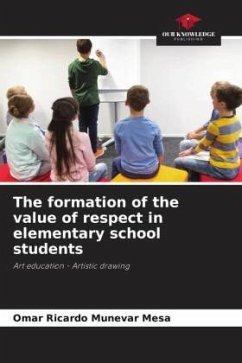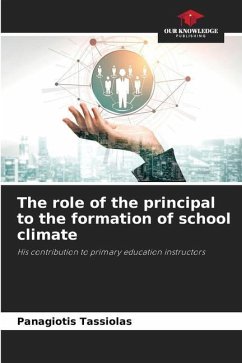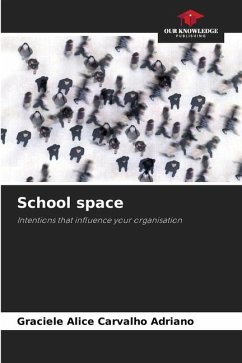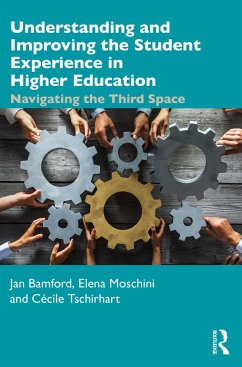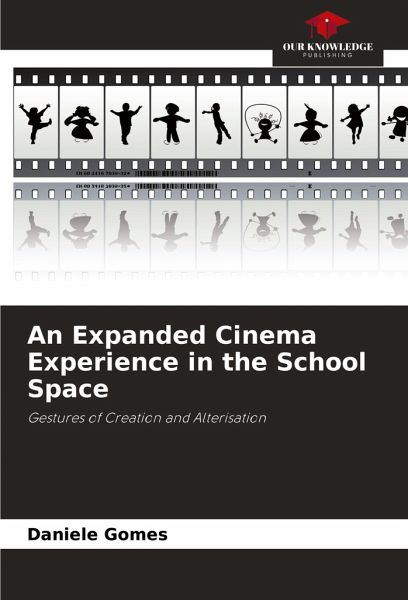
An Expanded Cinema Experience in the School Space
Gestures of Creation and Alterisation
Versandkostenfrei!
Versandfertig in 6-10 Tagen
41,99 €
inkl. MwSt.

PAYBACK Punkte
21 °P sammeln!
By producing images, the relationship with knowledge takes place in a (creative) active and critical way, enabling another understanding of what surrounds us. This perspective reifies the need to experiment with the possibilities that cinema can have in the school space through creation and alterisation. After all, the image initially inhabits the space for what it is known to be, based on representation and stereotypes, but with a careful look, judgements are suspended to make way for sensitive disturbances. Furthermore, more than cinema exercises, what is proposed are ways of thinking, looki...
By producing images, the relationship with knowledge takes place in a (creative) active and critical way, enabling another understanding of what surrounds us. This perspective reifies the need to experiment with the possibilities that cinema can have in the school space through creation and alterisation. After all, the image initially inhabits the space for what it is known to be, based on representation and stereotypes, but with a careful look, judgements are suspended to make way for sensitive disturbances. Furthermore, more than cinema exercises, what is proposed are ways of thinking, looking and feeling things, with attention and openness to the unexpected and differences. Understanding that perhaps the pedagogical character of cinema lies in "teaching" how to see, which is not restricted to the abilities of the eye, but goes beyond it. In this way, it constructs what we experience, based on invention and another experience of reality, building new territories, communities and relationships, in short, sharing worlds, which allows us to create together, (re)invent a shareable world, another dynamic of the senses, a willingness to meet, discover, produce knowledge and invent oneself.





